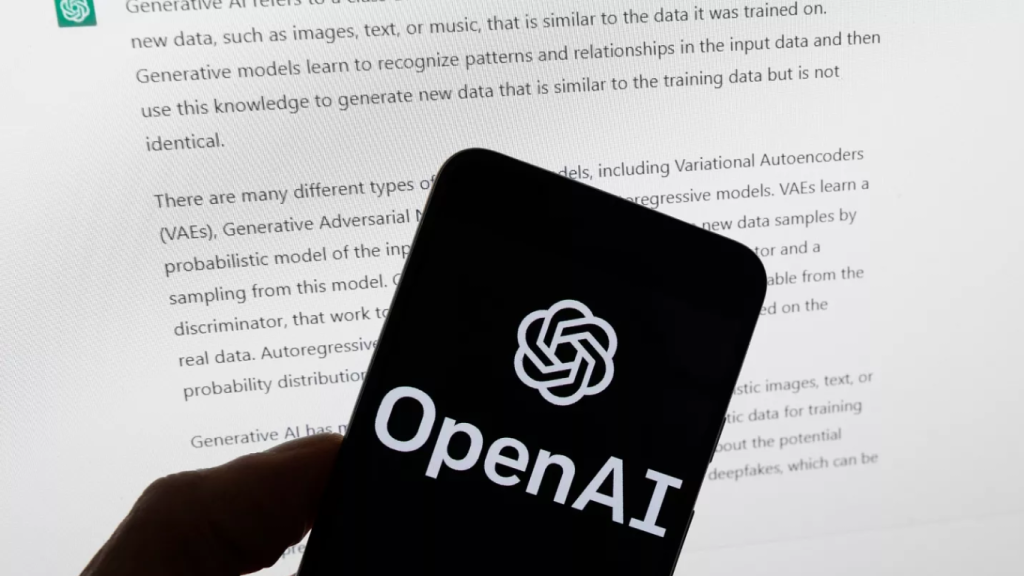
[ad_1]
UNITED STATES: OpenAI’s GPT-4 model, renowned for its artificial intelligence advancements, faces scrutiny over its environmental impact. A recent University of California study highlighted by The Washington Post reveals that GPT-4 consumes approximately three water bottles’ to generate just 100 words.
This staggering water usage has raised concerns about the sustainability of AI technologies as they continue to grow in scale and power consumption.
The study shows that water usage for cooling data centers varies significantly by location, with Texas consuming 235 milliliters of water per 100 words, while Washington reported the highest, using 1,408 milliliters.
This water consumption is tied to the cooling systems required for data centers powering AI models like GPT-4 and Copilot.
The increasing thirst for power by AI systems like those developed by Microsoft and OpenAI is raising concerns about local water resources and power demands.
OpenAI’s daily operational costs, including cooling requirements, are staggering, with reports indicating that running ChatGPT costs the company up to $700,000 per day.
Despite heavy investment from major tech players, OpenAI has faced financial challenges, with some projections suggesting the company could face $5 billion in losses within the next year.
Moreover, there are concerns about the supply of AI chips, particularly from NVIDIA, as demand far outstrips supply. To address this, Microsoft and OpenAI are reportedly investing $100 billion in a project called “Stargate” to reduce their dependence on NVIDIA’s chips.
Meanwhile, Elon Musk has warned that while AI represents the biggest technological breakthrough in history, the world may run out of electricity to power its advances by 2025.
As AI growth accelerates, sustainability concerns intensify. The industry must address its environmental impact to ensure a viable future.
Microsoft’s partnership with BlackRock to raise another $100 billion for data center expansion aims to overcome power limitations threatening to stifle the AI revolution.
However, finding sustainable solutions remains a pressing challenge for the industry.
[ad_2]
Source link




